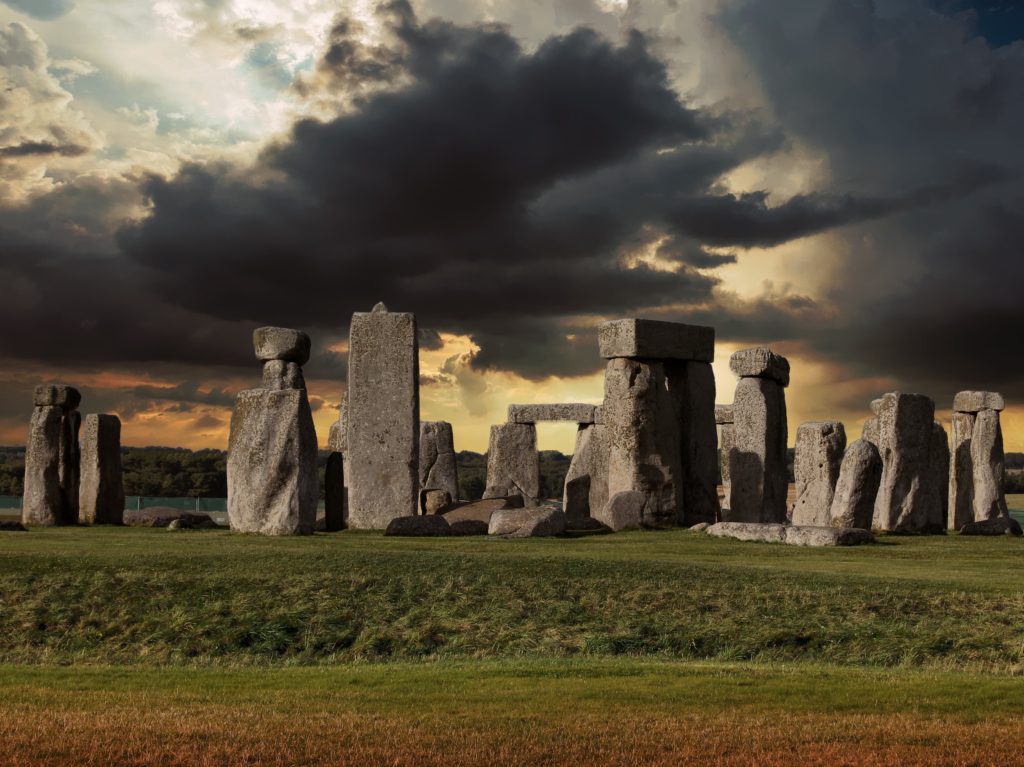By Kevin Smith
Introduction
Africa has officially become the continent with the most Christians. This was proudly announced during the AEA Theological Conference in Nairobi, Kenya, on 10 September 2019. It means that Africa has the most professing Christians. Approximately 500 million Africans profess the Christian faith. If 500 million people were following Jesus’s example and teaching, Africa would not be as it is. There is a chasm between profession and practice.[1]
We may be witnessing the paganisation of Christianity in post-colonial Africa in a manner tantamount to the paganisation of Christianity when Rome legalised and embraced it.
The Pentecostalisation of African Christianity
African Christianity has been pentecostalised. This was the thesis of Randy Arnett’s Pentecostalization: The Evolution of Baptists in Africa.[2] He argued forcefully that Neo-Pentecostal ideas and practices have permeated every expression of Christianity in West Africa. Nobody at the present consultation disputes his claim. Some celebrate it. Others lament it. But nobody denies it. However, the characteristics of this Neo-Pentecostalism differ markedly from those of Classical Pentecostalism. African Neo-Pentecostalism views all of life through the lens of a warfare motif. The African is embroiled in a conflict with malevolent spiritual powers, which affect every sphere of life. Whereas African Traditional Religion (ATR) taught adherents to appease the spirit world through veneration and Christian missionaries disregarded the spirit world as superstition, African Neo-Pentecostalism teaches believers to vanquish evil spirits in the name of Jesus by using warfare prayer.
The Paganisation of African Christianity
Citing his Nigerian context, Dr Victor Cole echoed the same observations as Arnett, but he used different terminology. However, he introduced a critical new observation (new to me, at least). In the 1960s, when African nations earned freedom from colonial powers, there was a surge of post-colonial nationalism.
In a new meta-narrative, previously demonised ATRs were sanitised. This paved the way for African Indigenous Churches (AICs), which tended to exist on the periphery of Christianity and often practised syncretistic expressions of Christianity, to move from the outskirts to the centre. They became mainstream. (We recognise that AICs are no monolith; they cover a broad spectrum of theologies and spiritualities that makes generalisations dangerous.)
Cole calls the product of these changes New Generation Churches. In his view, they tend to merge beliefs and practices from ATRs with elements of Christianity. The pastor, “the man of God,” becomes a kind of diviner. Worship and prayer focus on securing blessing and success in life through spiritual warfare. These expressions of faith and worship resonate with African cultures and worldviews.
Generalisations are half-truths, and situations are variegated. Positively, African Neo-Pentecostals strive to harness what is neutral and positive in African cultures and identities to communicate and enculturate the gospel. We celebrate this. Negatively, expressions of faith and worship can become more cultural than Christian. When the dominant message is more self-centred than Christ-centred, it ceases to be authentically Christian. We lament this.
Cole fears that contextualisation has gone too far. As a result, worship is often more African than Christian, and faith more shaped by cultural values than by biblical truths.
Conclusion
The Christianisation of Africa echoes the Christianisation of the Roman Empire. In the early fourth century, Rome embraced Christianity as its official religion.
Historians speak of the triumph of Christianity, but they should speak of the paganisation of the church, because the influx of unconverted pagans corrupted pure faith and worship, ultimately spawning full-blown Roman Catholicism, an unrecognisable perversion of biblical Christianity.
Are we witnessing a similar paganisation of Christianity in Africa, as it is recast not in the mould of Roman traditional religions but in the garb of African traditional religions?
[1] There are multiple causes for this chasm. Dr Jesse Kipimo attributes it to a lack of discipleship and prefers to speak of the nominalisation of African Christianity.
[2] Randy Arnett, Pentecostalization: The Evolution of Baptists in Africa (Eldon, Missouri: Randy Arnett, 2017).
Source:
https://kevingarysmith.com/general/the-paganisation-of-african- christianity/#comment-17
Bio: Kevin, who is the Principal of SATS, obtained his first doctorate from Stellenbosch University and his Ph.D. from SATS. He has a deeply insightful approach to theology and has already made a significant contribution in his relatively short career.




